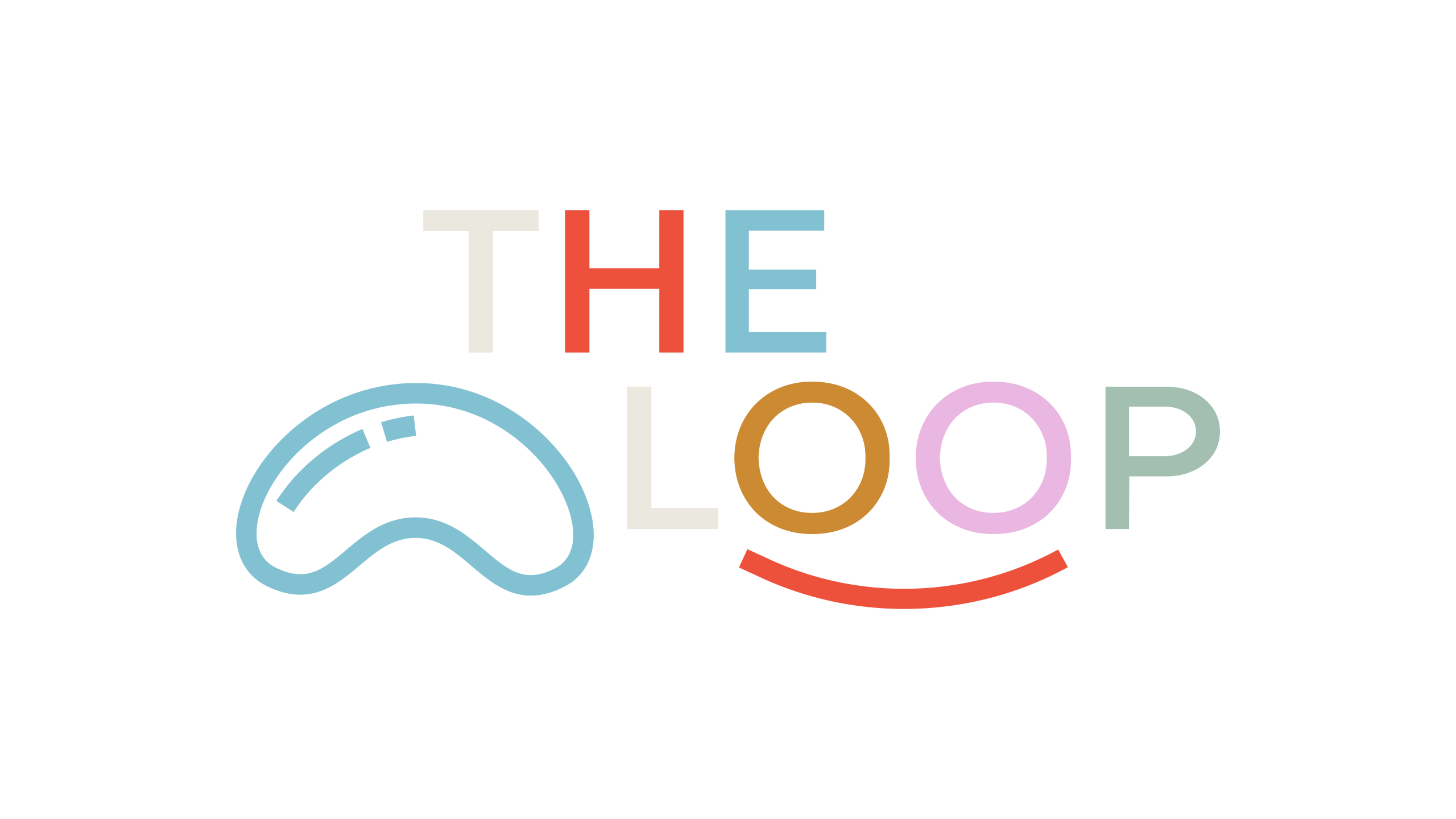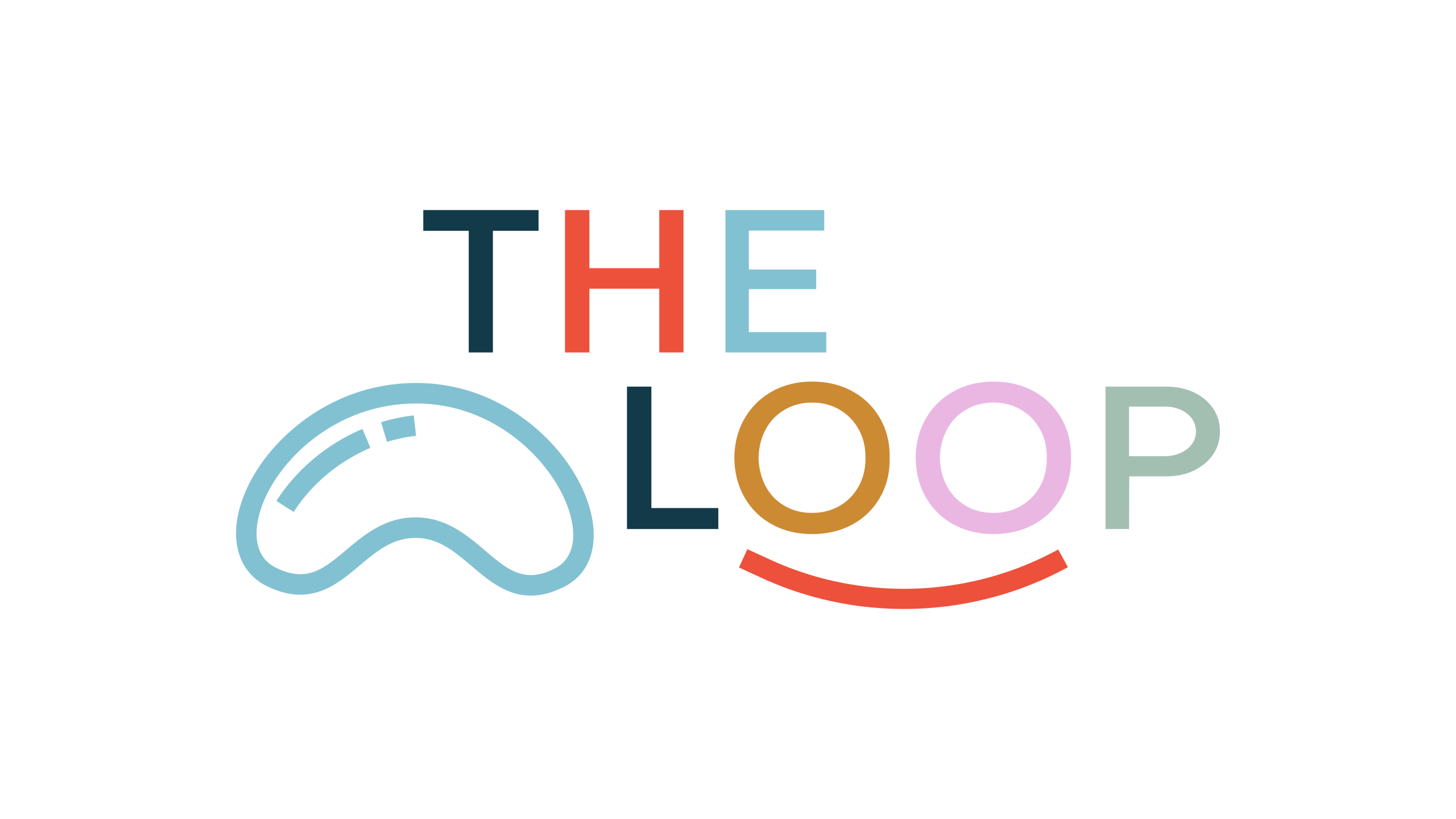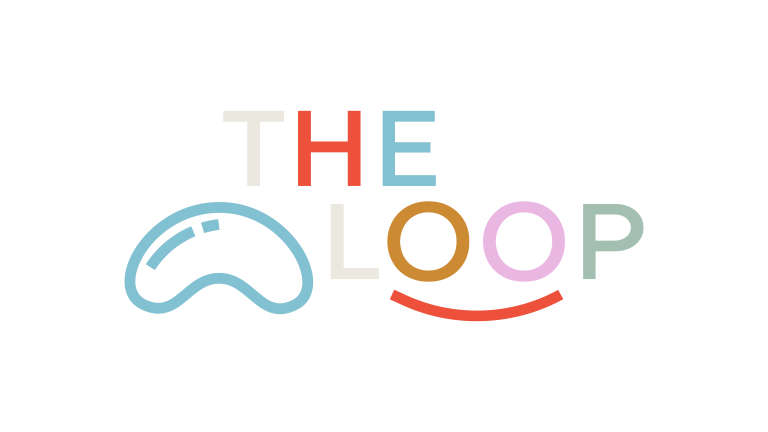
As a modern parent, you’ve most likely heard the term, dyslexia. You may even know a little bit about it. It’s the issue where people read words backwards and mix up their letters, right? Well...sort of.
Here’s the thing—dyslexia is a bit more complicated than that. And, it shows up in more ways than you may realize.
The common knowledge about dyslexia tends to present it as a visual issue, as in—the folks who have it see words differently. Though it’s true that’s how dyslexia was originally conceptualized and understood, it doesn’t encompass what we now know about this issue.
Maybe you’re concerned your child may have dyslexia. Maybe your child has recently been diagnosed with this issue.
As a result—you’re now wanting to separate fact from fiction and learn everything you can about this issue, how it impacts those who experience it, and how to best help your child to address and overcome it.
This article will take you on a deep dive into dyslexia. We’ll explore what it is, what it isn’t, how it can impact students in school, and what types of treatment and assistance are available to address it.
First, let’s get clear on what we currently know about dyslexia.
What is dyslexia, anyway?
Dyslexia is a type of learning disability, and is categorized as a developmental language disorder. Kids with dyslexia tend to have normal vision and score within normal limits on cognitive and intelligence assessments.
Because dyslexia has existed as a term since the late 1800s, much has been posited and studied about it over the years—and much has changed in recent years about how we understand and approach it when it occurs.
Today's researchers have moved beyond the early understanding of dyslexia as a visual problem, impacting a person’s ability to make out the words they read, to an awareness of dyslexia as a more complex and far-reaching issue. This shift occurred, in part, because of our increased knowledge of emergent literacy skills. Through this awareness, it became clear that dyslexia causes impairments in the phonological awareness skills of the people who have it.
Like a house built upon a shaky foundation—dyslexia is commonly referred to as a reading disorder because this is oftentimes when the issue becomes readily apparent in the children who experience it. But, we’re now able to detect the signs and symptoms of dyslexia earlier on in a child’s speech and language development, by looking at their phonological and phonemic awareness skills.
When we do, we see how kids with dyslexia typically struggle with remembering sounds, sound combinations, and whole words. These skills are important building blocks for recognizing sounds and words when reading.
The good news is—educational professionals (and even parents, like you!) are much more skilled at recognizing the signs and symptoms of dyslexia when they arise. As with most speech and language issues, we know early intervention is important to reduce the risks that your child’s learning experience will be negatively impacted by their dyslexia.
And that brings up another concern we’d like to address. While it may seem like so many more kids are being diagnosed with issues like dyslexia nowadays, this is likely because we’re much better at recognizing and diagnosing this issue than we once were.
Instead of more children having dyslexia, this means that more children with dyslexia are being identified and receiving the necessary treatment to help them address and overcome these issues.
Think about it—I bet you know at least one adult with dyslexia who was never actually diagnosed. Many adults today don’t realize until much later that the issues they’ve been coping with their whole lives are due to dyslexia. These people slipped through the cracks in a system that didn’t have the level of knowledge about this issue we have today.
We want to ensure your child doesn’t go without the services they need to succeed and thrive. Here at The Loop, our team of highly skilled Speech and Language Pathologists are experts at assessing and treating dyslexia in the children we serve.
Let’s take a look at some of the common signs of dyslexia in school-aged children, so you can join our quest to recognize and remediate this issue, before it disrupts your child’s school experience.
How does dyslexia show up in children?
For many children, the signs of dyslexia are not readily apparent until they reach school age and begin actively learning to read and write.
In our school system, learning benchmarks and expectations progress at a rapid pace. By the end of first grade, students are expected to know how to read fluently. By third grade, the focus shifts from learning to read to reading to learn.
That’s why it's a crucial part of our mission to identify and treat issues with a child’s reading, writing, and language skills as early as possible. The Loop works diligently to ensure no students get left behind in our current models of learning.
In addition to children with dyslexia’s difficulties with reading fluently and without mistakes, they also often experience issues with—
Spelling
Writing skills
Understanding what they read
Math skills
Working with the parts of language (like sounds and syllables)
Memory (for things like sequences and following directions)
Word recall
Accurately pronouncing words
In some cases, dyslexia can also impact a child’s social interactions and their emotions. Children who struggle with dyslexia may also learn to avoid reading, finding it frustrating and difficult. This behavior can lead to increased issues with learning, as they will get less practice with reading skills than their same-aged peers without dyslexia.
Here at The Loop, it’s our goal to help every child avoid these pitfalls and negative experiences. We work to foster an enjoyment of literacy and learning in our individualized treatments. Our therapists create treatment plans designed not only to target the skills our students need to work on, but also to account for their preferences. We want them to enjoy therapy, and to embrace working on the important skills we’re targeting together.
What help is available for my child with dyslexia?
If your child is experiencing dyslexia, a Speech and Language Pathologist (SLP) is your go-to professional to assess and treat this issue. SLPs are qualified to assess and treat emergent literacy skills and related issues in the children who experience them.
The Loop was founded by an SLP, with a mission to support and assist children in the Chicago area with their holistic educational needs.
Today, we have several highly qualified SLPs on our team, who are passionate about helping children overcome issues like dyslexia and thrive in the school environment.
We’re trained to provide thorough assessments, in order to understand the nature and severity of your child’s dyslexia. We then draw from this information to create an individualized treatment plan, designed specifically for your child.
While no two therapy plans are alike, there are some common skills our therapists will likely focus on when treating your child for dyslexia.
We'll focus on strengthening your child’s phonological awareness skills, helping them to recognize and manipulate sounds and sound combinations. We’ll target their reading skills, focusing on the building blocks of literacy and letter-sound correspondence, building to whole-word recognition skills. We’ll read aloud and bolster your child’s reading fluency, as well as their ability to recognize and repair issues when they occur. We’ll target vocabulary by teaching new words and strengthening their ability to recognize words when they see them.
We’ll also train you in ways to help support your child at home with the use of strategies. This extra practice will help your child master the skills we’re working on in therapy.
In addition to treatment, there are other aspects of your child’s school experience your therapy team can work to modify. Let’s take a look at some of these.
Can classroom accommodations support students with dyslexia?
One of the ways we can help support your child’s holistic school experience is by working closely with your child’s teacher to make necessary adjustments to their learning environment.
Classroom modifications are an important part of ensuring your child has access to the supports required to help them succeed, throughout the school day.
Some of the accommodations we can work with your child’s teacher to provide may include—
Establishing a “study buddy” to help your child during the school day
Providing larger print textbooks and worksheets
Providing audiobooks when available for reading assignments
Giving your child more than one chance to read over texts
Providing your child with helpful tools like letter and number strips, bookmarks, talk-to-text devices, or visual schedules
Allowing your child additional time to take tests and complete assignments
Offering your child rubrics, outlines, and modified assignments
Providing your child with simplified directions in multiple formats
Additionally, we will encourage your child’s teacher to check in with them regularly throughout the school day, to ensure they’re understanding the assignments given and supported in the ways they need in order to succeed.
We believe a dyslexia diagnosis does not need to hold your child back from having the robust learning experience they deserve. With your help, we can face this issue head on, and make the necessary adjustments to your child’s school day to help them overcome their issues and thrive.
You can easily reach us on our website, by following us on your preferred social platform @TheLoopSLL, or contact us directly with your questions at info@theloopsll.com


